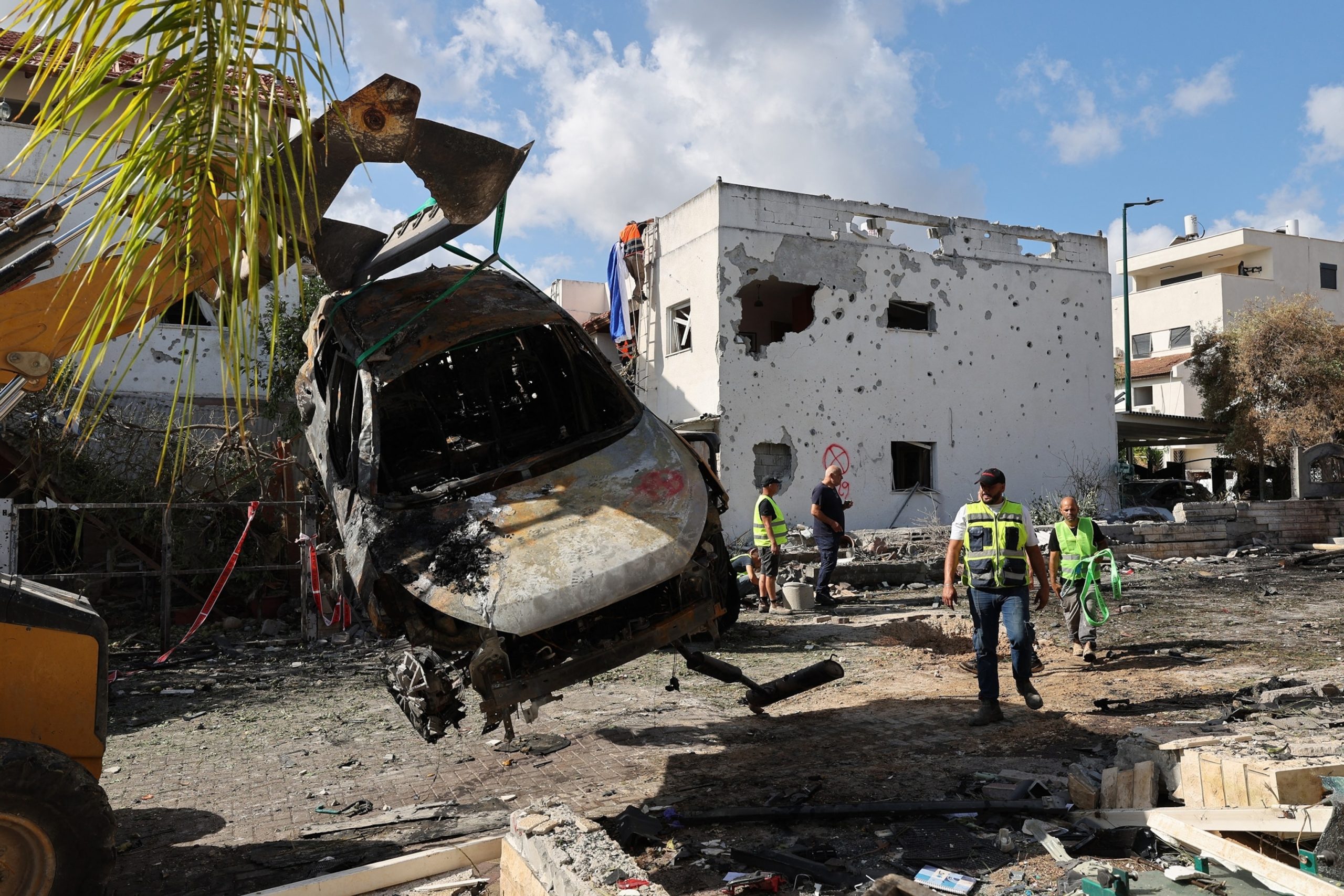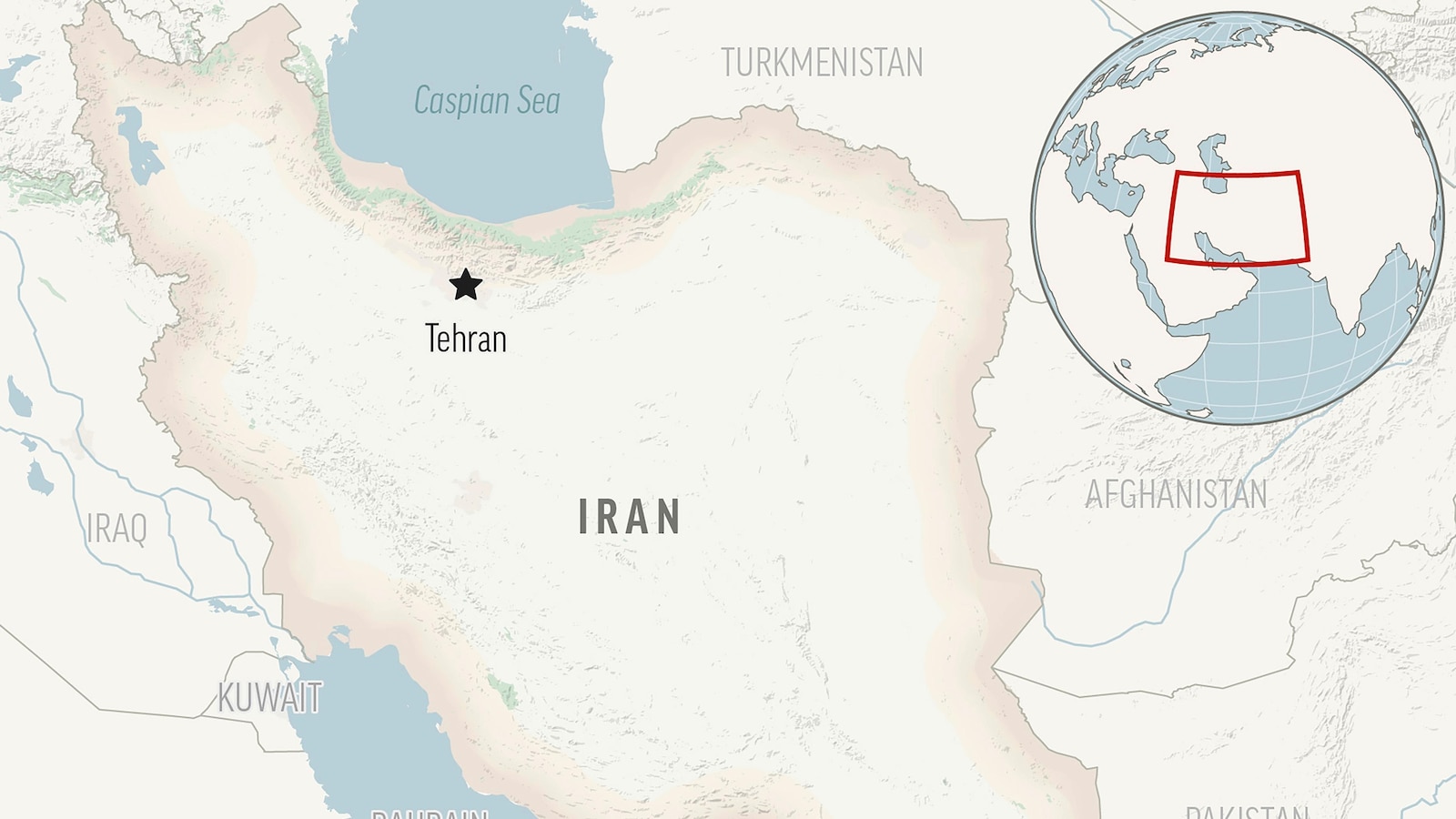
North Korea has fired a barrage of ballistic missiles toward its eastern sea, according to South Korea’s military, days after its attempt to launch a military reconnaissance satellite ended in failure but still drew strong condemnation from its rivals
SEOUL, South Korea — North Korea on Thursday fired a barrage of ballistic missiles toward its eastern sea, according to South Korea’s military, days after its attempt to launch a military reconnaissance satellite ended in failure but still drew strong condemnation from its rivals.
South Korea’s Joint Chiefs of Staff said it detected the North firing around 10 suspected short-range ballistic missiles from an area near its capital, Pyongyang, toward the sea. It said the South Korean military has increased surveillance and vigilance and is closely sharing information with the United States and Japan.
Citing information from the Japanese Defense Ministry, Japan’s coast guard issued a maritime safety advisory saying North Korea launched a possible ballistic missile. The coast guard minutes later said the suspected missile was believed to have already landed but urged ships to exercise caution if they find any fallen objects. There were no immediate reports of damage.
Tensions on the Korean Peninsula have increased in recent months as the pace of both North Korea’s weapons testing and South Korea’s combined military exercises with the United States and Japan have intensified in a cycle of tit-for-tat.
Thursday’s launches came after North Korea flew hundreds of trash-carrying balloons toward the South since Tuesday night in a retaliation against South Korean activists flying anti-North Korean propaganda leaflets across the border. North Korean leader Kim Jong Un has also warned of unspecified “overwhelming actions” against South Korea after it staged an aerial exercise involving 20 fighter jets near the inter-Korean border hours before North Korea attempted to launch its second military reconnaissance satellite.
The launch failed after the rocket exploded shortly after liftoff, but Kim has urged his military scientists to overcome the failure and continue developing space-based reconnaissance capabilities, which he described as crucial for countering U.S. and South Korean military activities. Also on Thursday, North Korea hit back at international condemnation of its failed satellite launch, which drew strong rebukes from the United Nations and other countries as it involves technologies used for developing intercontinental range ballistic missiles. The North had successfully launched its first military spy satellite in November, but Monday’s failure posed a possible setback to Kim’s plans to launch three more military spy satellites in 2024. “We will never tolerate any moves of the hostile forces to violate the inviolable sphere under the exercise of sovereignty nor step back from having access to the space reconnaissance capability which should be done surely no matter what others may say,” North Korean Vice Foreign Minister Kim Son Gyong said in a statement published on state media. Thursday’s launches were the latest in a series of weapons tests by North Korea that have raised tensions in the region. On May 17, South Korea’s military said that North Korea fired suspected short-range ballistic missiles off its east coast. North Korea later said it tested a tactical ballistic missile with a new autonomous navigation system.
The North this year tested various cruise missiles and artillery systems and flight-tested what it described as a solid-fuel intermediate range missile with hypersonic warhead capabilities. Experts say it is designed to reach remote U.S. targets in the Pacific, including the military hub of Guam. — AP writer Mari Yamaguchi contributed from Tokyo.
North Korea has once again raised tensions in the region by firing a barrage of missiles toward South Korea’s eastern waters, according to South Korean officials. The missiles were launched from North Korea’s eastern coastal city of Wonsan and flew approximately 200 kilometers before landing in the Sea of Japan.
This latest provocation comes just days after North Korea conducted a series of missile tests, including the launch of a new type of short-range ballistic missile. The North Korean regime has been ramping up its missile testing in recent months, despite international sanctions and condemnation.
South Korean officials have confirmed that the missiles fired on this occasion were short-range projectiles, rather than the more advanced intercontinental ballistic missiles (ICBMs) that North Korea has tested in the past. However, any missile launch by North Korea is cause for concern, as it represents a violation of United Nations Security Council resolutions.
The South Korean military has responded to the missile launches by conducting its own military drills and closely monitoring the situation. The United States and Japan have also condemned North Korea’s actions and called for a peaceful resolution to the ongoing tensions on the Korean Peninsula.
The latest missile launches by North Korea are likely intended to send a message to the international community, particularly the United States and South Korea, as they engage in ongoing negotiations over denuclearization and peace on the Korean Peninsula. North Korean leader Kim Jong Un has made it clear that he is not willing to give up his country’s nuclear weapons program without significant concessions from the United States.
The missile launches also come at a time of increased uncertainty in the region, as North Korea’s relations with South Korea have deteriorated in recent years. The two countries have been engaged in a tense standoff since the collapse of the Hanoi summit between Kim Jong Un and US President Donald Trump in February 2019.
As tensions continue to rise on the Korean Peninsula, it is imperative that all parties involved exercise restraint and work towards a peaceful resolution to the ongoing conflict. The international community must remain vigilant in monitoring North Korea’s actions and continue to apply pressure on the regime to comply with UN resolutions and engage in meaningful dialogue towards denuclearization and peace.


